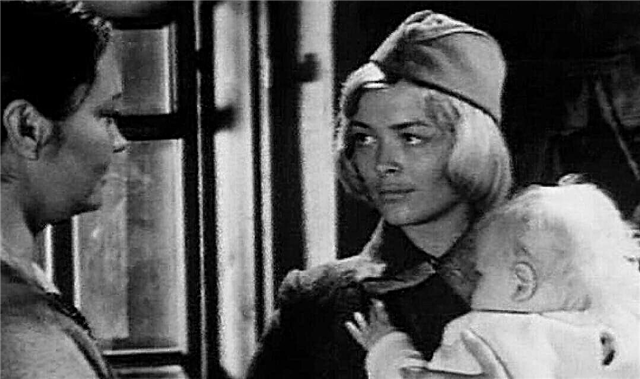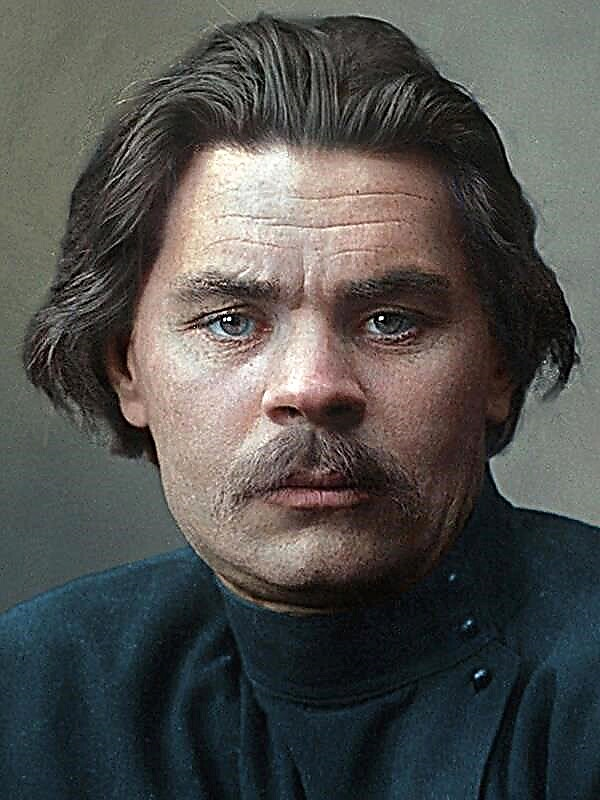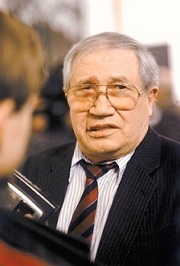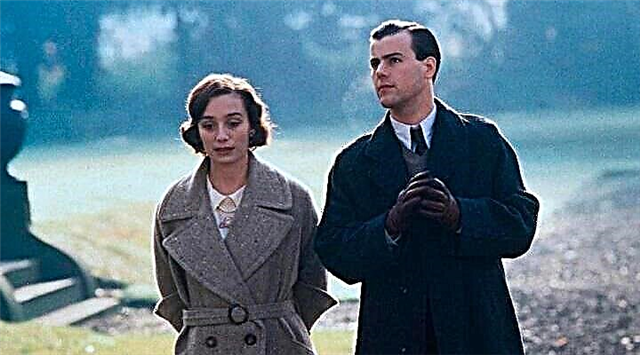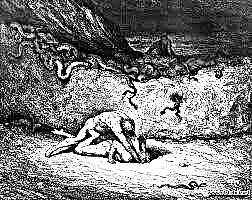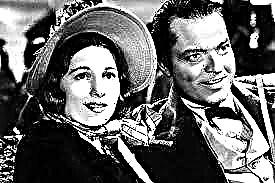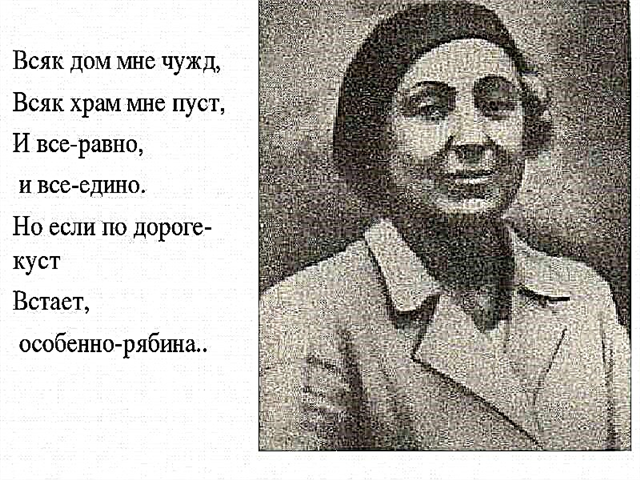(330 words) Anna Snegina is the main character of Yesenin's epic poem, named after her. In her image, biographers guess the real person, L. I. Kashin, who was the first love of Sergei Alexandrovich. They, like literary characters, were separated by class barriers: Lydia was of noble origin, and Sergey grew up in a simple peasant family. But years later, they met and began to communicate, because the former landowner, having turned over the estate to the former serfs, got a job as a typist and got comfortable with the new realities. But the fate of her poetic counterpart was completely different.
Returning to his native village, the lyrical hero tries to escape from the troubles and hardships of war in youthful memories, where his neighbor plays the main role. Anna was then a cheerful and direct girl who frolic in the fields and meadows along with her chosen one. But, despite the love, she refused the gentleman, because she felt that between them there would always be inequality. And so they are destined to meet again. During this time, the woman has changed. After a successful marriage, she came into the world, acquired the mannerism, constraint and elegance of a noble lady. In her treatment with a childhood friend, she expresses a desire to produce an effect, notes of coquetry sound. The beauty knew her worth and got used to conquer men, and a famous poet would replenish her collection of vivid acquaintances. Nevertheless, she is faithful to her husband, and even reproaches the guest that he defected while her husband sheds blood in the war. In this outburst of grief and longing, the real Anna Snegina is visible - pure, noble, beautiful, like the whiteness of freshly fallen snow. Such an interlocutor remembers her, again in love with the charm of the past.
In his neighbor, the hero sees Russia of past years - a majestic, wayward, proud country with a rich history, glorious traditions. She is engaged to the White Guard and tied to the family land. It is no coincidence that as soon as Anna is deprived of all this, she leaves her homeland. Tsarist Russia also left the stage. Between her and the new world, where the peasants found their homeland, a lyrical hero is torn. It would seem that Snegina rejected him both then and now, but nevertheless he is attached to her soul with her, and not to his native common people. In her white dress, white scarf, white gloves, he sees Russia, immaculate, sweet and still not stained with blood.

